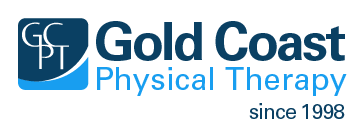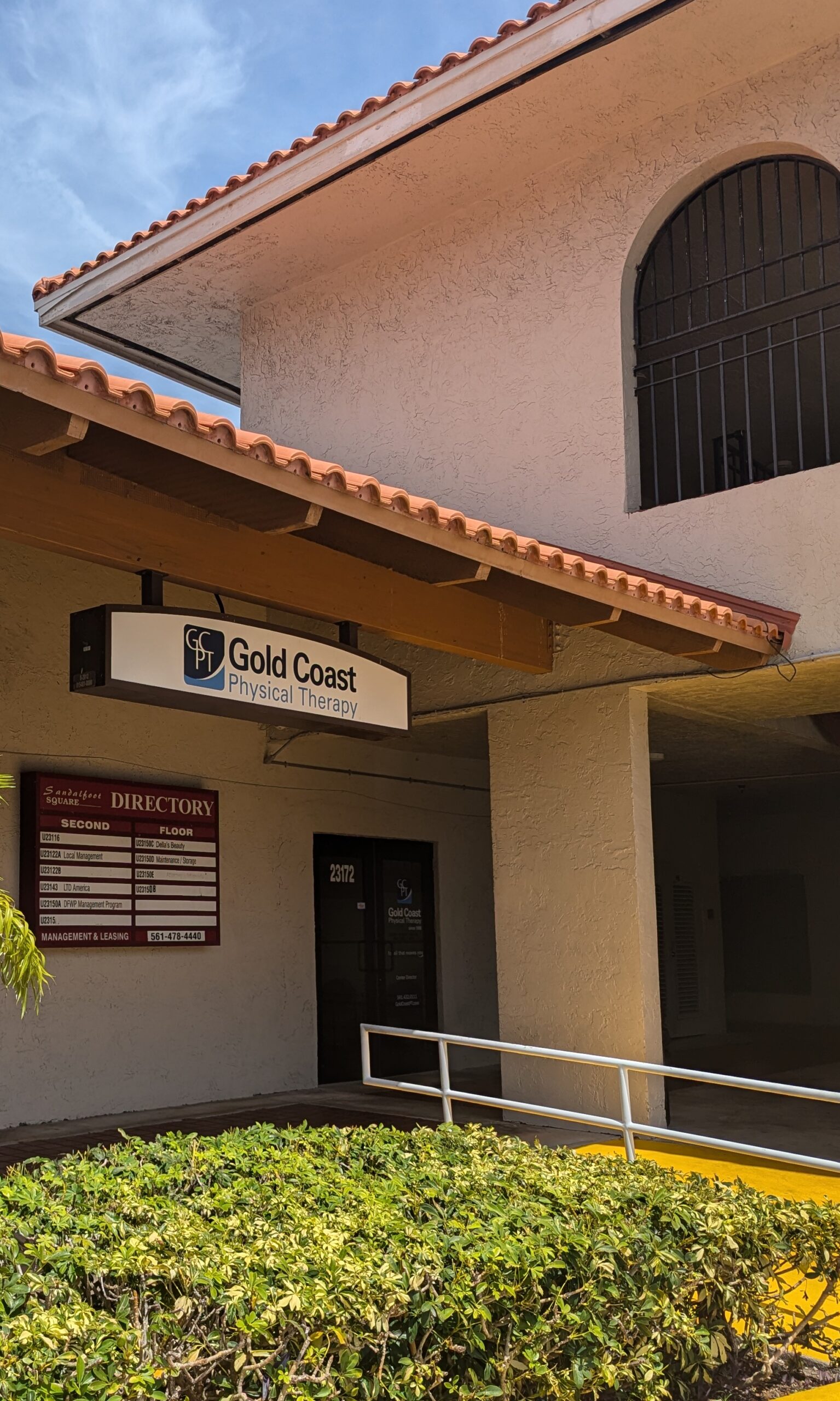Have you noticed that it’s more difficult to grip and make a fist?
Do you have stiff, achy fingers and hands? You are likely experiencing the effects of arthritis.
At Gold Coast Physical Therapy, our therapists are experts at treating the different types of arthritis that cause your hands to hurt. We can help teach you strategies to manage your arthritis to use your hands with less pain! You use your hands and fingers hundreds of times throughout the day for both basic and complex tasks. Unfortunately, arthritis limits your ability to move freely and makes it difficult to do daily activities.
If you are living with arthritis, you’re not alone. There are over 100 different types of arthritis that people are diagnosed with, and millions deal with limitations from the different types. Arthritis pain is directly correlated to the restriction of mobility in your joints, which in turn influences the health of your muscles, ligaments, and tendons.
Occupational Therapy
Fortunately, our physical and occupational therapists are experts in treating arthritis in your hands. We will help restore the movement in your joints and strength in your muscles to alleviate arthritic inflammation and pain. Contact Gold Coast Physical Therapy today, and let us help you relieve your pain so you can use your hands to do the things you love!
What types of arthritis are found in the hands?
Arthritis refers to any chronic condition that affects the joints, causing pain and inflammation. The two most common types of arthritis are osteoarthritis and rheumatoid arthritis.
Osteoarthritis
Osteoarthritis (OA) is the most common type of arthritis found in the hands. This type is the result of a gradual breakdown of cartilage in the joints. This breakdown can occur at any age but is most common after an injury or repetitive use of the affected joint(s). Cartilage can no longer protect the joints when worn down, resulting in bone-on-bone friction and painful inflammation.
Rheumatoid Arthritis
Rheumatoid arthritis (RA) is the second most commonly experienced form of arthritis and develops as an autoimmune response. When someone has rheumatoid arthritis, their immune system sees the joints as a threat. Because of this perceived threat, the immune system attacks the joints, resulting in pain and inflammation. Most experts believe that your hormones, genes, smoking, and environment could all contribute to the development of RA.
Hand Therapy
People have found enormous success in arthritis relief through specialized physical therapy known as hand therapy. Hand therapy focuses on the upper extremity as a whole, including the wrist/ hand, forearm, elbow, and shoulder. Hand therapists work toward returning the affected area to its highest level of function.
A hand therapist typically uses manual techniques to manipulate the affected arthritic area to release tension, swelling, and pain. Through massage and hands-on treatments, patients can find significant improvement — sometimes after just one session! In some cases, additional techniques, such as heat therapies, ultrasound, or paraffin wax therapy may also be used as part of your treatment plan to manage your pain and keep symptoms at bay. However, one of the most significant roles of a hand therapist is prescribing targeted mobility and strengthening exercises to help you restore the use of your hands. These will be dependent upon the type and severity of your arthritis. Sometimes splints are needed to help you, especially at night.
Your therapist will also work with you on strategies and modifications that help you function better. Teaching you about your pain and how to manage it can help you get over the hump and regain your independence in day-to-day tasks and improve the quality of your life.
What to expect at your hand therapy visit
Your therapist will provide you with the necessary stretches and exercises to keep up with the progress you made during your sessions. It is crucial to make sure you complete these stretches and exercises independently so your arthritis doesn’t worsen.
By combining findings from your exam, our therapists can determine the underlying pathology and provide appropriate treatment to optimize your outcomes. Your treatments will aim to relieve pain, promote healing, and relearn or modify activities to make daily life easier.
Call today to make an appointment. A large part of hand therapy is helping you improve your range of motion, strength, and overall function so you can safely and comfortably perform your daily activities once again. At GCPT, our team will work closely with you to determine which course of treatment will be best for your specific needs. Contact us today to schedule a consultation to learn more about how hand therapy can relieve your upper extremity arthritis.
Sources: https://www.sciencedirect.com/science/article/abs/pii/S0894113017302818
https://pubmed.ncbi.nlm.nih.gov/32365314/
https://academic.oup.com/rheumatology/article/45/5/577/1788575


